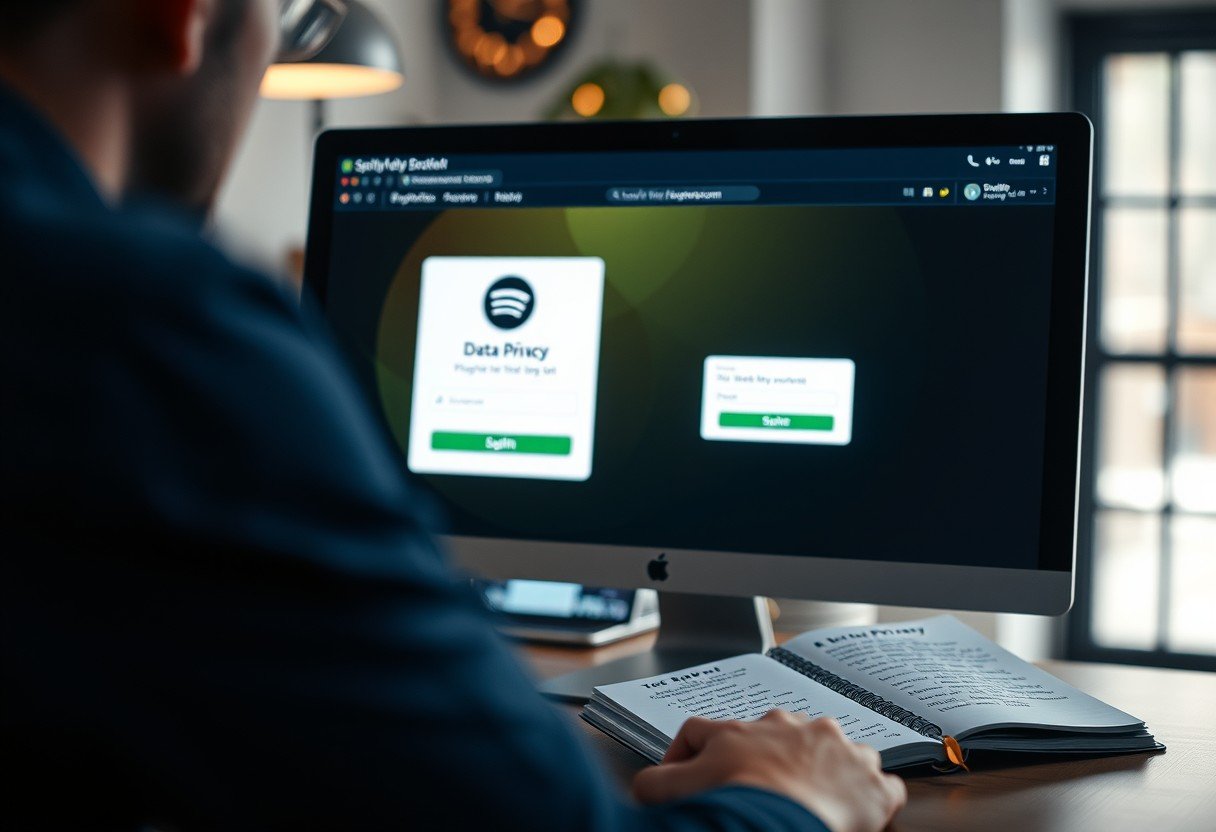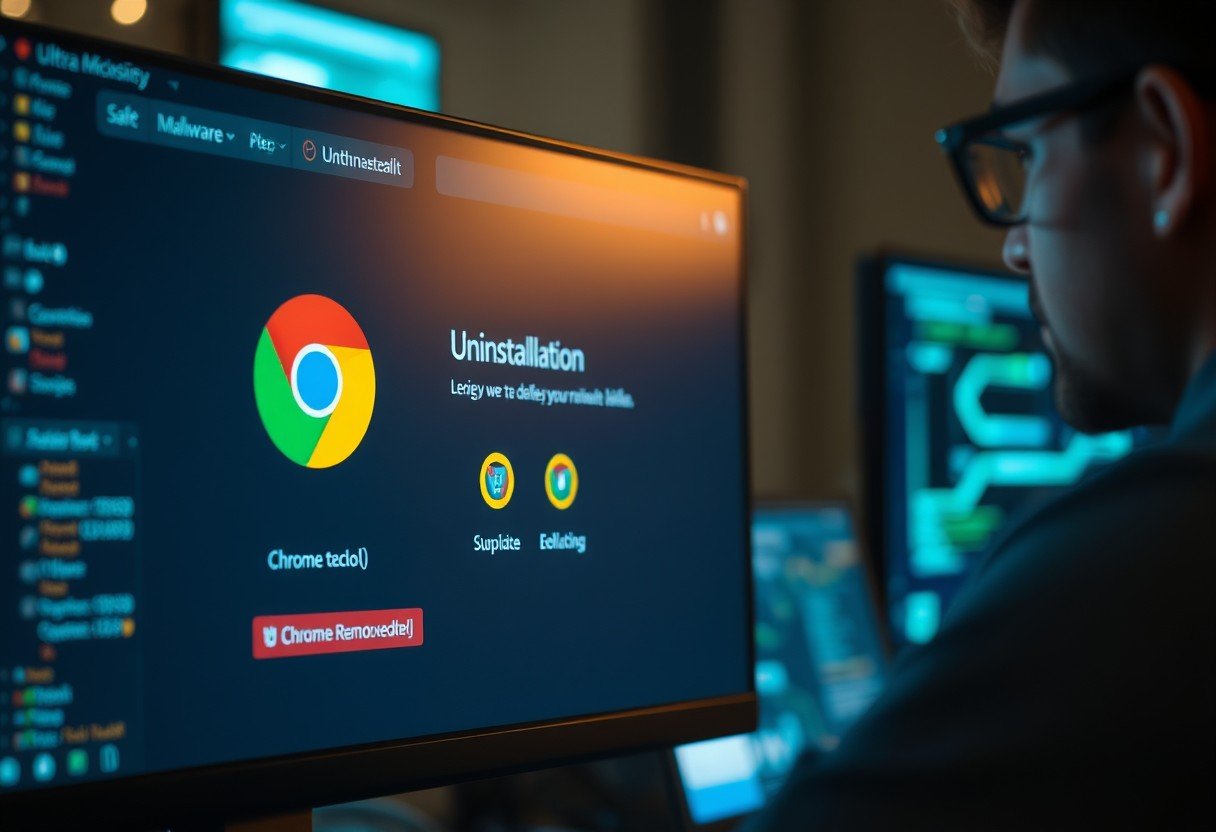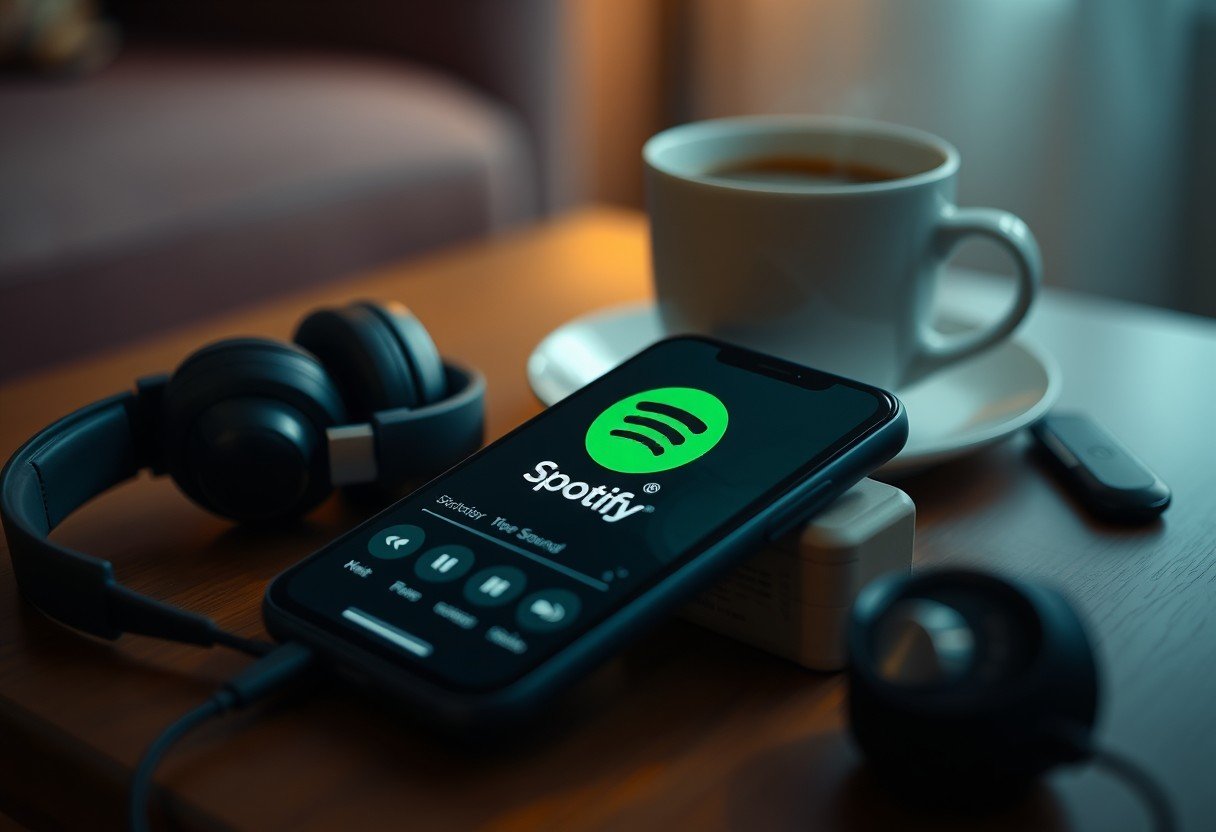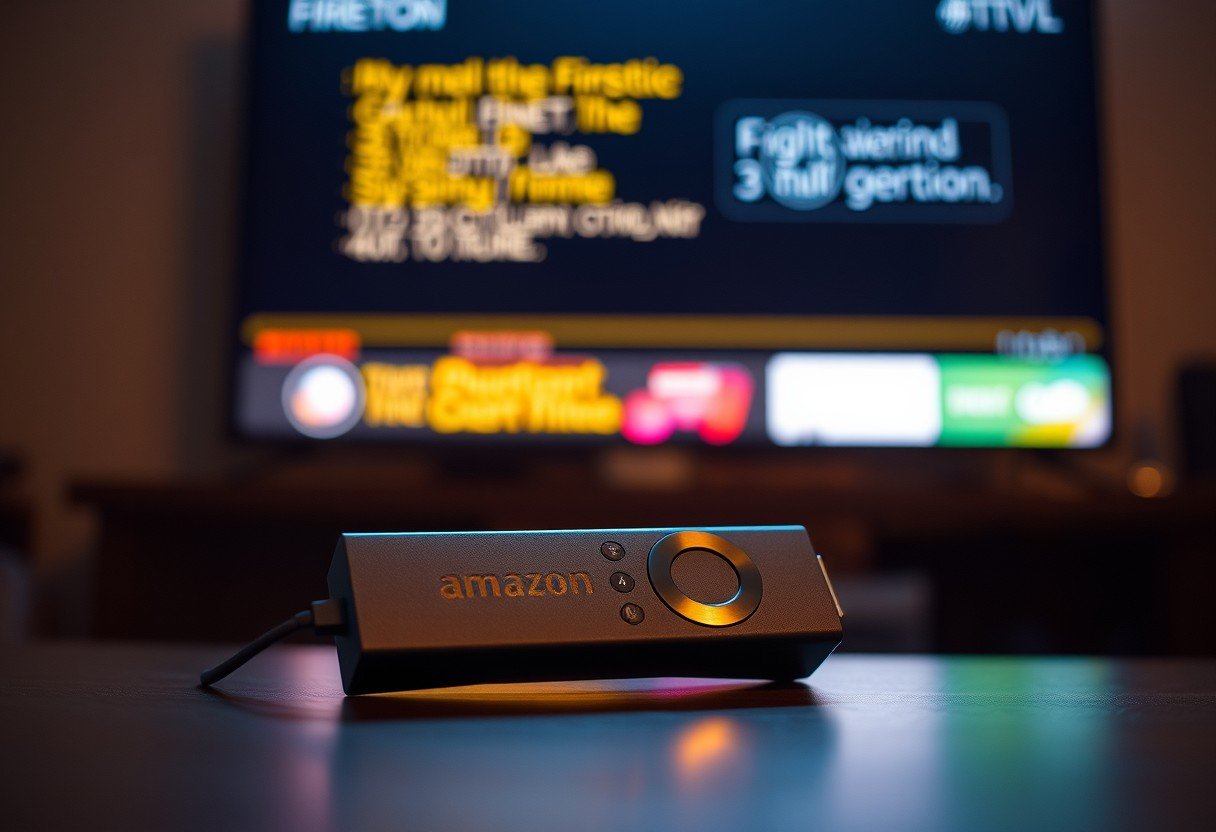Information is essential for creating a personalized experience on a platform like Spotify. You might wonder why Spotify asks for your personal details, and the answer is simple: to make the service better for you. From suggesting your next favorite song to keeping your account safe, your data helps turn a basic music player into a personal music assistant.
A More Personal Music Experience
The main reason Spotify collects personal information is to deliver a tailored experience that truly connects with you. By understanding your musical tastes, listening habits, and how you interact with the app, Spotify can recommend content that matches your preferences. This ensures you enjoy a more relevant and engaging platform.
This personalization makes it much easier for you to discover new music and artists you are likely to enjoy, which improves your overall satisfaction.
For you to receive the best recommendations on Spotify, the platform uses your personal data to understand your taste in music more deeply. This process allows Spotify to suggest tracks you’re likely to love, keeping your playlists fresh and exciting.
Information such as the genres, artists, and songs you listen to frequently helps Spotify create playlists like “Discover Weekly” and “Release Radar” just for you. These recommendations are powered by complex algorithms that analyze not only your listening habits but also those of users with similar tastes. The more you use the platform, the more personalized your recommendations become.
Keeping Your Account Safe and Secure
Beyond music recommendations, your personal information is vital for account security. Details like your email address are crucial for verifying your identity if you ever forget your password or need to recover your account. This helps prevent unauthorized access and ensures that your playlists and preferences remain yours.
Spotify implements robust security and privacy measures to protect your personal information. They use encryption and secure protocols to keep your data safe from anyone who shouldn’t see it. The company also regularly reviews and updates its security practices to meet industry standards, giving you confidence that your information is handled responsibly.
How Your Data Shapes Advertising
For users on the free plan, personal information helps Spotify deliver more relevant ads. By understanding basic demographics like your age and location, as well as your music preferences, advertisers can show you promotions that are more likely to interest you.
This targeted approach makes the advertising experience less intrusive and more effective for brands. By ensuring relevant ads, Spotify aims to enhance not only your listening experience but also the effectiveness of brands in reaching their target audiences.
Spotify also uses data to create partnership opportunities with other brands. These collaborations can result in exclusive content, like specially curated playlists or early access to artist releases, which adds more value to your experience on the platform.
Staying on the Right Side of the Law
As a global platform, Spotify must follow various legal regulations regarding user data. Laws like the General Data Protection Regulation (GDPR) in Europe and the California Consumer Privacy Act (CCPA) in the United States set strict rules for how companies can collect and handle personal information.
These regulations are designed to protect you and give you more control over your data. Compliance ensures that Spotify respects your preferences and fosters trust in its services. Under these laws, you have specific rights, including:
- The right to know what data is being collected about you.
- The right to access a copy of your personal data.
- The right to request the deletion of your information.
- The right to opt out of your data being sold to third parties.
By collecting certain information, Spotify can verify that it is operating within these legal boundaries and maintaining transparency with its users.
You Are in Control of Your Information
Spotify understands that user trust is essential. The platform provides tools that allow you to manage your personal information directly. You can visit your account’s privacy settings to see what data Spotify collects and customize what you share.
By prioritizing transparency and user empowerment, Spotify guarantees that you feel safe and in control while enjoying your music. This means you can access your data at any time, update your privacy settings, and even download your entire listening history. This level of control ensures you have the final say over your information.
Using Spotify with Limited Information
While sharing data enhances your experience, you might wonder what happens if you limit the information you provide. Opting out of sharing certain personal details can impact the platform’s personalization features. Without access to your listening habits, Spotify cannot create tailored playlists or recommend new music as effectively.
You may miss out on curated content that helps you discover new artists and genres based on your unique tastes. Here is a simple breakdown of the differences:
| Feature | With Personal Data Shared | With Limited Data Shared |
|---|---|---|
| Music Recommendations | Highly Personalized | Generic and Not Tailored |
| “Discover Weekly” Playlist | Curated Just for You | Unavailable or Generic |
| Account Recovery | Easy via Email Verification | Difficult or Impossible |
| Relevant Ads (Free Tier) | Aligned with Your Interests | Random and Less Relevant |
Ultimately, your choices play a crucial role in shaping your engagement with Spotify. You can decide the right balance between personalization and privacy that works for you.
Frequently Asked Questions
Why does Spotify need my date of birth?
Spotify asks for your date of birth primarily to verify that you are old enough to use the service according to your country’s regulations. It also helps them understand their user demographics to personalize content and ads.
Can Spotify sell my personal information?
Spotify’s privacy policy states how it shares data, but regulations like the CCPA give you the right to opt out of the “sale” of your personal information. You can manage these preferences in your privacy settings.
How can I see the data Spotify has on me?
You can view and download a copy of your personal data from your account’s privacy settings on the Spotify website. This allows you to see your listening history, playlists, and other information the platform has collected.
What happens if I don’t share my location with Spotify?
If you don’t share your location, you may miss out on localized content, such as concert recommendations for nearby shows or playlists that are popular in your area. Your core music streaming experience will not be significantly affected.
Is my personal information safe with Spotify?
Yes, Spotify takes privacy seriously and uses security measures like encryption and strict access controls to protect your data. They regularly update their practices to ensure your information is handled responsibly.









Leave a Comment